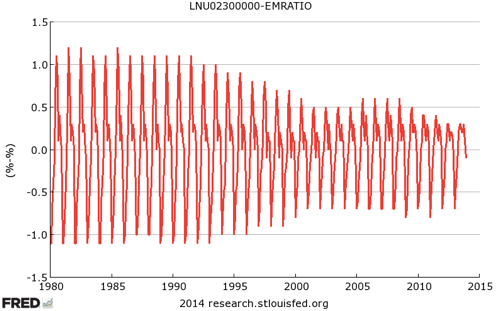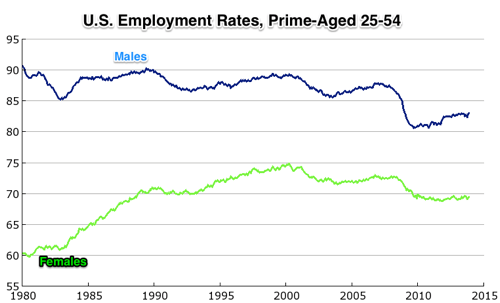Yuri Gorodnichenko: Crisis in Ukraine: A personal View:
Kathleen Maclay: Yuriy Gorodnichenko, a UC Berkeley associate professor of economics and a native of Ukraine, recently gave a public lecture on campus about what’s happening in his homeland. His talk was organized by Berkeley’s Institute of Slavic, East European, and Eurasian Studies (ISEEES), and cosponsored by the EU Center as part of its Rapid Response Forum…. UC Berkeley Public Affairs followed up with Gorodnichenko with the following Q&A:


 Mark Peters and David Wessel:
Mark Peters and David Wessel: